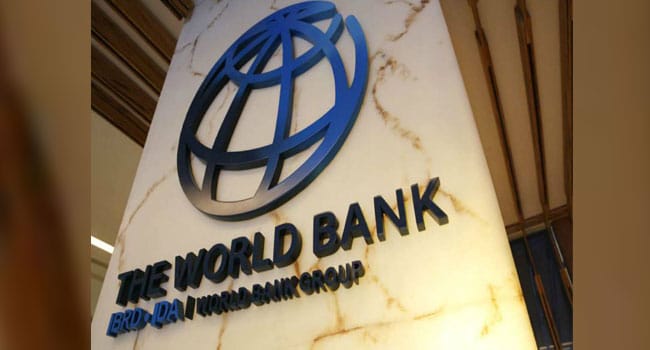
The World Bank has fully disbursed a $1.5 billion loan to Nigeria, marking one of the fastest loan disbursements the country has received. This move comes after the Federal Government’s successful implementation of key economic reforms, including the removal of fuel subsidies and the introduction of comprehensive tax policies.
The loan, part of the Reforms for Economic Stabilisation to Enable Transformation Development Policy Financing initiative, was approved by the World Bank on June 13, 2024. The first tranche of $750 million was released on July 2, 2024, while the second tranche, tied to specific reform conditions, was disbursed in November 2024.
This swift disbursement contrasts with other World Bank programs in Nigeria, which have often faced delays due to slow or partial implementation of conditions. The loan is structured in two tranches with varying maturity periods. The first tranche consists of a $750 million credit from the International Development Association (IDA), with a 12-year maturity and a six-year grace period. The second tranche, also $750 million, is a loan from the International Bank for Reconstruction and Development (IBRD), with a longer 24-year repayment period and an 11-year grace period.
A critical factor unlocking the second tranche was the Nigerian government’s removal of fuel subsidies. The World Bank praised the government for going beyond expectations by fully deregulating the fuel market, allowing fuel prices to be determined by international market conditions. Since the reform’s implementation in October 2024, fuel prices have surged, aligning with global market rates and impacting living costs.
In addition to the fuel subsidy removal, the government has made significant strides in tax reform. A proposed increase in the Value Added Tax (VAT) rate to 10% by 2025 is part of broader efforts to enhance revenue mobilisation. The Nigeria Tax Bill 2024, which has been submitted to the National Assembly, includes measures to simplify tax compliance and expand input tax credits for businesses.
The World Bank’s loan also includes provisions for strengthening Nigeria’s social protection programs. A key reform outlined in the document is the use of the National Social Registry as the primary tool for targeting social investment programs.
Despite the government’s efforts, the reforms have sparked widespread criticism. The removal of fuel subsidies has led to a sharp increase in petrol prices, resulting in higher transportation and living costs. Protests have erupted in major cities such as Abuja, Kano, and Lagos, with citizens voicing their frustrations over the rising economic hardships.
President Bola Tinubu and his cabinet have defended the reforms, asserting that they are necessary for Nigeria’s long-term economic stability and growth. The reforms aim to diversify the country’s revenue sources, especially given its historically low tax-to-GDP ratio. However, there are concerns about the potential widening of economic disparities between Nigeria’s northern and southern regions, with some northern leaders opposing the proposed tax hikes.
The World Bank’s loan is seen as a vital step in Nigeria’s ongoing efforts to stabilize its economy and encourage future growth.


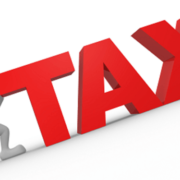



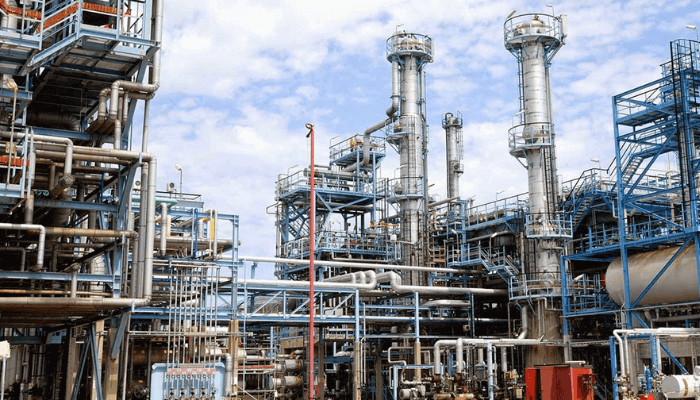

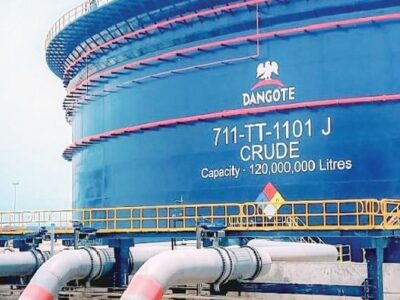
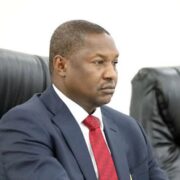


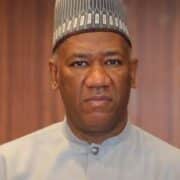









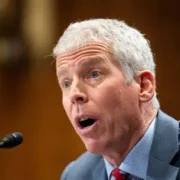
Comments